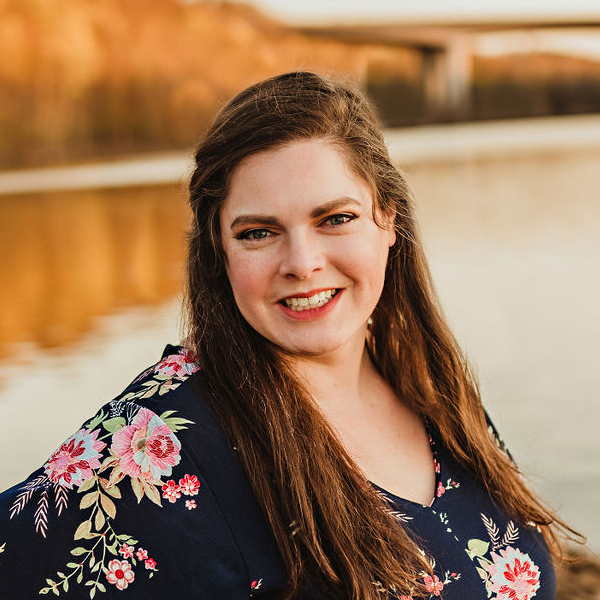Sunlight pours into the classroom, casting dappled shadows through the tomato plant snaking up the walls. There’s a hum of activity, but it’s not the orchestrated actions one might associate with a conventional school. At one table, I’m engrossed in drawing Batman, guided by a well-worn how-to-draw book. Across the room, a cluster of students organize items for an upcoming market (their recent passion project). Amidst the sounds of bustling students, the soft strumming of a ukulele can be heard.
To the casual observer, I might seem misplaced — I am a teacher, yet I’m not standing at the helm delivering knowledge. But this is Juniper Root, a haven of Self-Directed Education nestled in an idyllic suburban woodland, and I am not just a teacher; I am an adult ally.
In the conventional school narrative, the teacher is the expert pouring knowledge into the empty vessel of their students. But at Juniper Root, the script is flipped. Our young learners steer their educational journey, with adults like me as fellow travelers and resources. We don’t “teach” in the conventional sense; rather, we offer (among many things) silent invitations through our presence.
On any given day, my co-teacher, Julie, for instance, might gently strum her ukulele, her soft melodies weaving through our daily routines. Her journey of mastering the instrument has been evidenced by us all, from the initial hesitancy in her recordings shared on Facebook to her later confident performances. This unspoken story of dedication resonated with my infant daughter who, with every new video Julie posted, would gleefully shout “dat joooolie!” as she watched each performance. Inspired, I too picked up a ukulele. My initial attempts, though far from perfect, became yet another chapter in our collective narrative of exploration.

Throughout my deschooling journey, these silent demonstrations of passion became recurrent themes. My interest in Zentangles attracted the attention of two older students, and together we embarked on an artistic adventure, our fingers dancing in unison over paper — learning the art of imperfection and mindfulness in each drawing and inked line. Similarly, my attempts at mastering fiber arts became a magnet for curious eyes. Young learners watched as I wound yarn into neat balls. After a few days, some approached, asking to be initiated into this meditative practice.
However, my most profound passion lies in writing. Realizing the transformative power of my presence, I have become intentional about writing amidst our learners. From composing haikus on school grounds to creating poetry books for them to illustrate, my writing journey was an open book, an ever-evolving story they were part of. Even this essay began its life on a quiet school day, typed amidst giggles and the playful bartering of pretend shopkeepers in the school yard.
During such moments, every so often, a curious voice might ask, “What are you doing?”
And I’d reply something like, “I’m writing. Would you like to hear some of it?”
Their reactions always vary. Some might nod eagerly, while others would simply continue with their play. But the invitation is always there, always open.

In the world of self-directed learning, adults are more than just teachers, guides, or parents. We are beacons, illuminating the vast landscape of passion and discovery. Our non-intrusive presence — each silent story — is the very essence of the journey. And in this interplay of shared living, we all grow, evolve, and rediscover the joy of genuine curiosity.
This is the heart of Self-Directed Education. By immersing ourselves in activities that spark our joy and intrigue, we adults present a tableau of possibilities to our learners. They see us, not (or not only) as repositories of knowledge, but as fellow humans and learners, as seekers of passion. And through the close-knit, trust-filled bond we forge, they feel empowered to approach, inquire, and perhaps embark on similar quests.
It’s a lesson I’ve come to value deeply. By showcasing the passions I have sought out in adulthood, I’m gifting our learners with glimpses of alternative paths, of myriad ways of learning and living. It’s a silent and powerful testament to the boundless possibilities that await them.
If you enjoyed this article and feel called to give back to ASDE, here are ways you can support our work:
- Donate money
- Share our content with others! Click one of the buttons above to easily share on Twitter, Facebook, or email.
- Consider becoming a Contributor for Tipping Points
Tipping Points Magazine amplifies the diverse voices within the Self-Directed Education movement. The views expressed in our content belong solely to the author(s). The Alliance for Self-Directed Education disclaims responsibility for any interpretation or application of the information provided. Engage in dialogue by reaching out to the author(s) directly.






